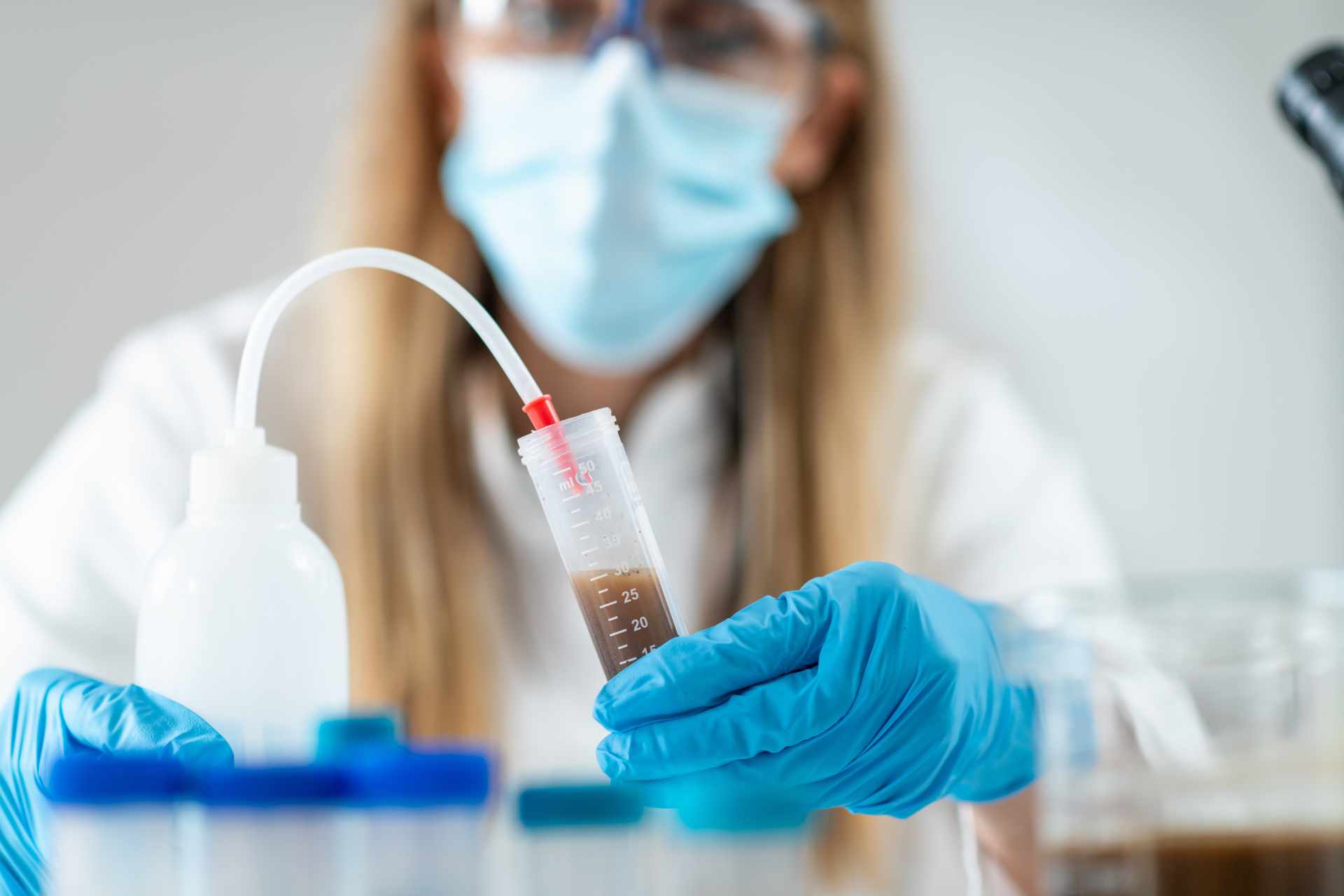What is already known
Clostridioides difficile infection is a common cause of diarrhea in hospitals and after antibiotic use. Some strains of the bacteria are more dangerous because they can cause severe, repeated infections in up to 60% of patients. This is in part because antibiotic treatments disrupt the gut microbiota, reducing its ability to fight off C. difficile.
What this research adds
By analyzing the microbiota of 34 people with C. difficile infection and 18 healthy individuals, researchers found significant differences in gut bacteria. People with C. difficile infections, especially those with recurrent ones, had fewer beneficial bacteria such as Bacillota and more harmful ones such as Enterobacteriaceae and Fusobacteriaceae. Those who received antibiotics had higher levels of harmful bacteria, while people who received a fecal microbiota transplant had better microbial diversity and a gut microbiota similar to that of healthy individuals. C. difficile infection also caused a drop in blood lipid levels and disrupted cholesterol metabolism.
Conclusions
The findings show that C. difficile infection affects cholesterol metabolism and disrupts the gut microbiota by reducing beneficial bacteria and increasing harmful ones, with fecal microbiota transplant proving more effective than antibiotics in restoring gut health.
Clostridioides difficile infection is a common cause of life-threatening diarrhea in hospitals. Now, researchers have found that C. difficile infection affects cholesterol metabolism and disrupts the gut microbiota by reducing beneficial bacteria and increasing harmful ones.
The findings, published in mBio, also suggest that fecal microbiota transplants are more effective than antibiotics in restoring gut health after C. difficile infection.
Some C. difficile strains are more dangerous than others because they can cause severe, repeated infections in up to 60% of patients. This is in part because antibiotic treatments disrupt the gut microbiota, reducing its ability to fight off C. difficile.
To better understand the effects of C. difficile infection on gut microbes, Ricardo Arcay at Hospital Universitari Son Espases in Palma, Spain, and his colleagues analyzed the microbiota of 34 people with C. difficile infection and 18 healthy people.
Microbial imbalance
The researchers found that C. difficile disrupted the gut microbiota. Compared to healthy individuals, those with C. difficile infection had lower levels of beneficial bacteria such as Bacillota and Actinomycetota and higher levels of harmful ones such as Pseudomonadota.
People with recurring infections showed an even greater imbalance, with decreases in helpful bacteria and increases in harmful ones. People treated with antibiotics had more of the harmful bacteria compared to those who underwent a fecal microbiota transplant.
Those who received a microbiota transplant recovered beneficial microbes, including Clostridia and Bacteroidales, and had increased levels of bacteria such as Eubacterium coprostanoligenes, which is linked to reduced cholesterol. These individuals also showed better microbial diversity and a gut microbiota more similar to that of healthy controls compared with people who received antibiotics, the researchers found.
Lipid levels
Next, the researchers examined the impact of C. difficile infection on fatty molecules in the blood. They found a reduction of total lipid levels by 33% to 46% in infected individuals. While antibiotic treatment partially restored lipid levels, fecal microbiota transplant did not fully recover them.
These results suggest a link between C. difficile infection and impaired cholesterol metabolism, the researchers say. The findings, they add, indicate that cholesterol-reducing bacteria can contribute to the effectiveness of fecal microbiota transplants.
“Mechanisms associated with the greater effectiveness of this therapy still need to be completely deciphered,” they say. “Our observations could impact [C. difficile infection] management because the lipid content was only partially recovered after treatment, suggesting that continued nutritional support, aiming to restore healthy lipid levels, could be essential for a full recovery.”









